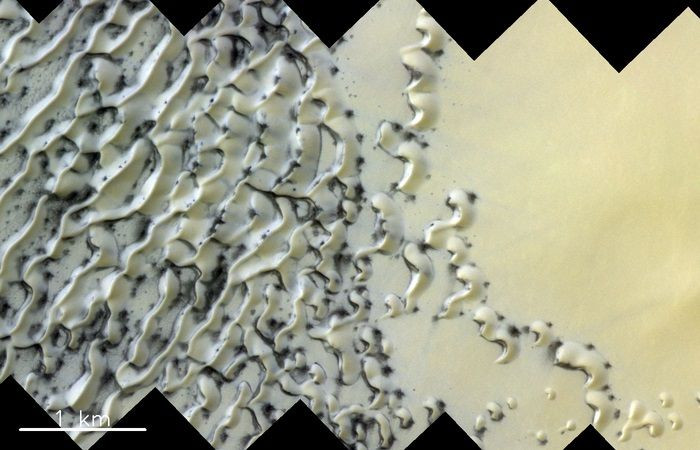NASA Mars Mission Success: Reaching Red Planet Could Pose Risks To Aliens

Living on the fourth rock from the sun is a pipe dream chased after by many. In fact, one of the goals of the National Aeronautics and Space Agency (NASA) is to send a manned mission to Mars in the distant future. And private endeavors are also working on a way to send people there as well — sooner rather than later.
While the rewards are great for anybody who gets to set foot on Mars for the very first time, the risks are far greater, at least for now. There is a myriad of ways that life on Mars and life on Earth could interact with each other that could prove to be hazardous to either or to both.
Science 20 writer Robert Walker noted that while there may very well still be life on Mars, due to the presence of water on the planet, there is always the risk that life may be so simple and primitive that microbial life from Earth might prove to be disruptive.
Think back to when Europeans first introduced smallpox to the Aztecs. Manned missions to the planet might introduce a whole host of bacteria that, while harmless to life on Earth, could end up being apex predators in the microscopic environment of Mars.
There’s also the risk of contaminating the planet with bacteria from Earth, and mistakenly labeling that bacteria as Martian. Not only is this slip-up misleading, but it can also be harmful to scientific studies to come.
It will also be fairly risky for pioneering humans. In fact, Walker notes that in all likelihood, initial manned missions to Mars will be one-way trips. This is because it has yet to be established that the planet is safe for humans to live in, and if it is habitable at all.
There are also on-planet risks aside from the more obvious difficulties. Percholates — salts on the soil of the planet — are harmful elements that could cause issues with the thyroid glands of human beings.
There may also be flora hidden in the soil of the planet that can easily hitch a ride to the air through the dust that covers pretty much everything on the planet. These spores could seep into the air of the Martian pioneers and cause infections that the Martian base camp would be ill-equipped to deal with.
So while the idea of moving to Mars may sound like an adventure-filled romance, it may be better to learn more about the planet before initial manned missions are considered.
© Copyright IBTimes 2024. All rights reserved.





















